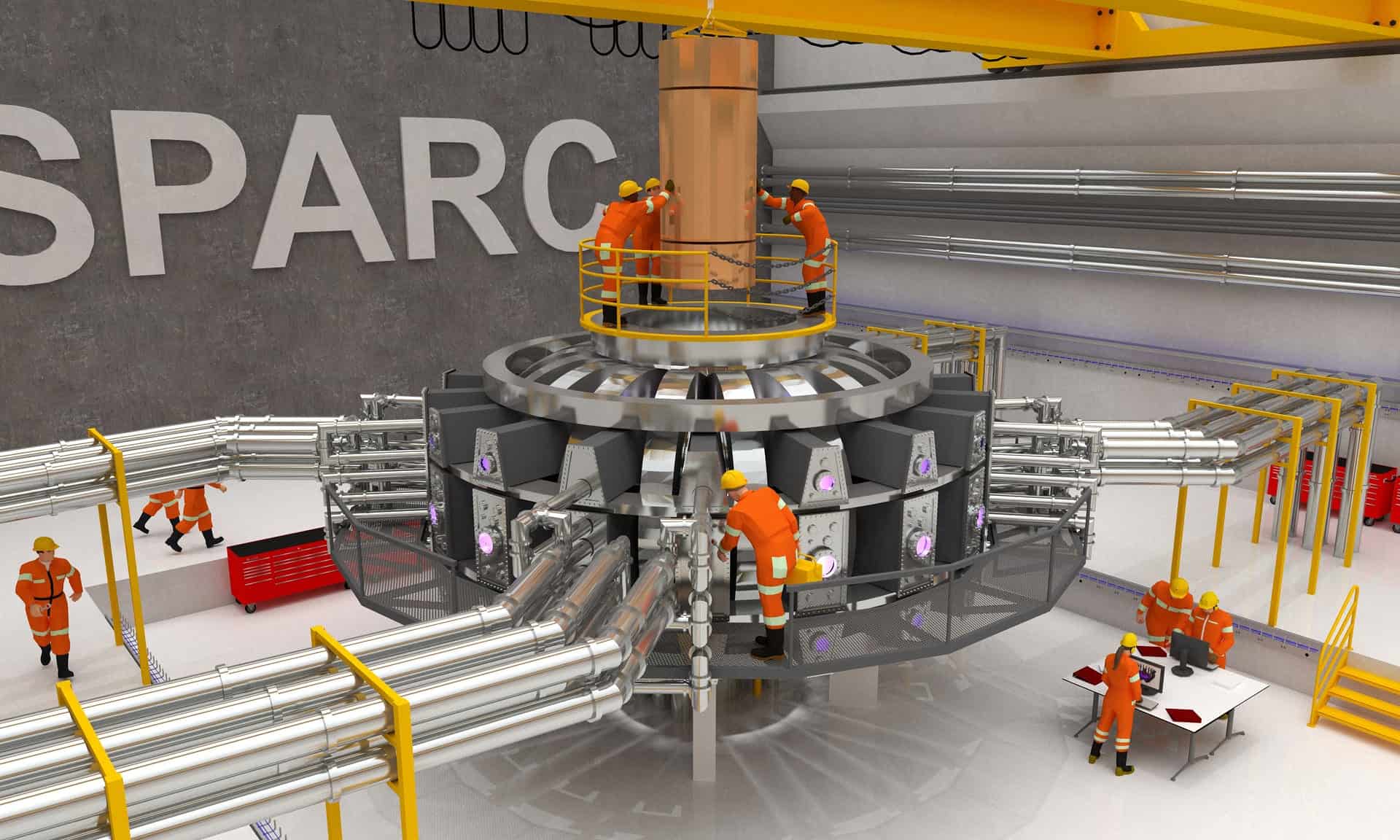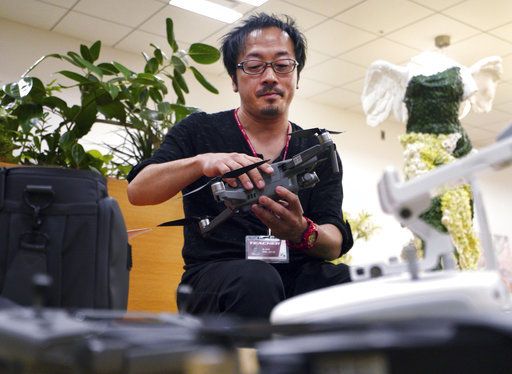Commonwealth Fusion Systems will use new superconducting materials to make far stronger magnets for a smaller Tokamak fusion system. The planned fusion experiment, called Sparc, is set to be far smaller – about 1/65th of the volume – than that of the International Thermonuclear Experimental Reactor project, an international collaboration.
Breakthrough Energy Ventures’ portfolio company @CFS_energy is building on decades of government-funded research to accelerate the path toward clean, limitless commercial fusion energy. #cleanenergy https://www.cfs.energy/








